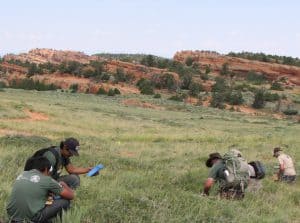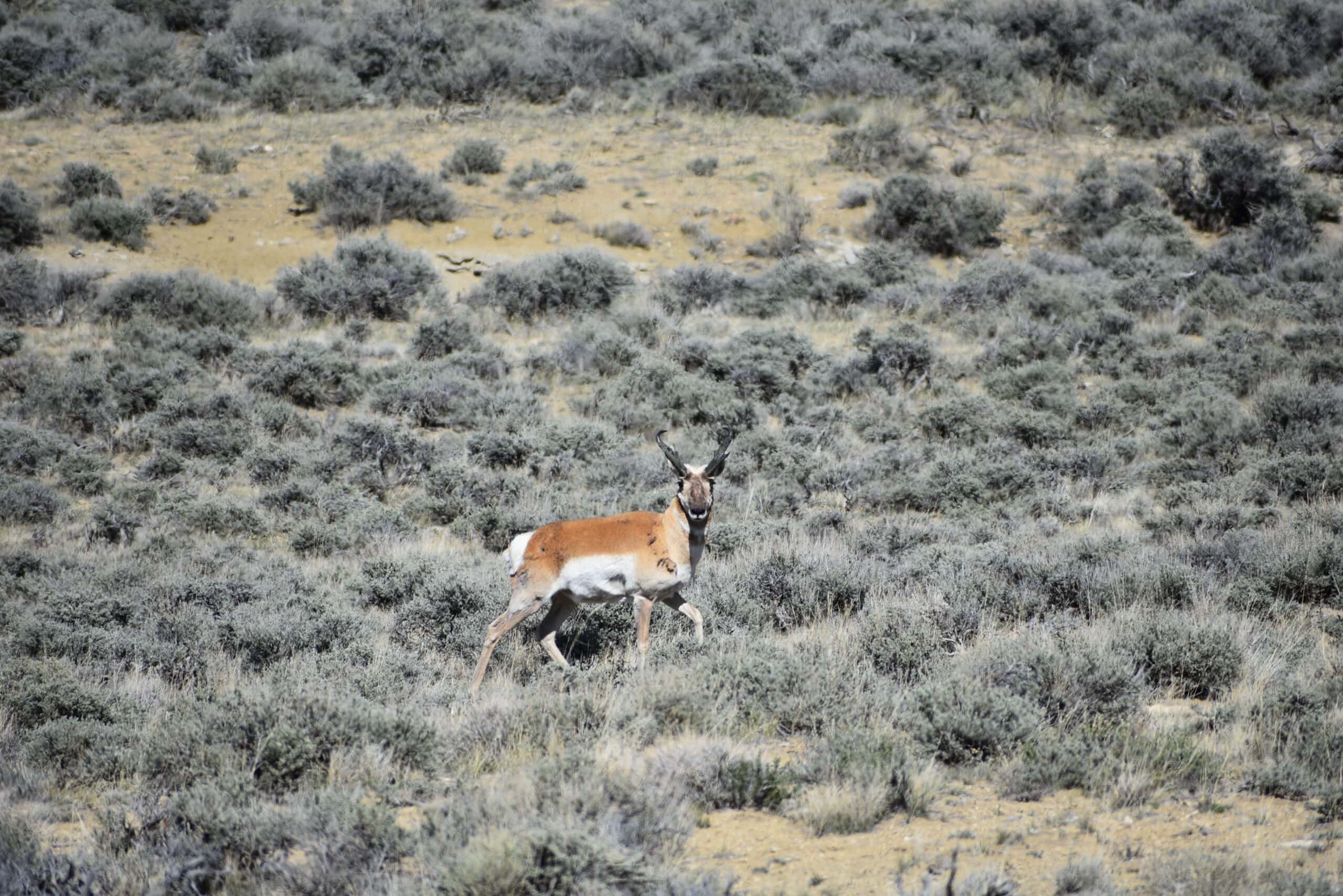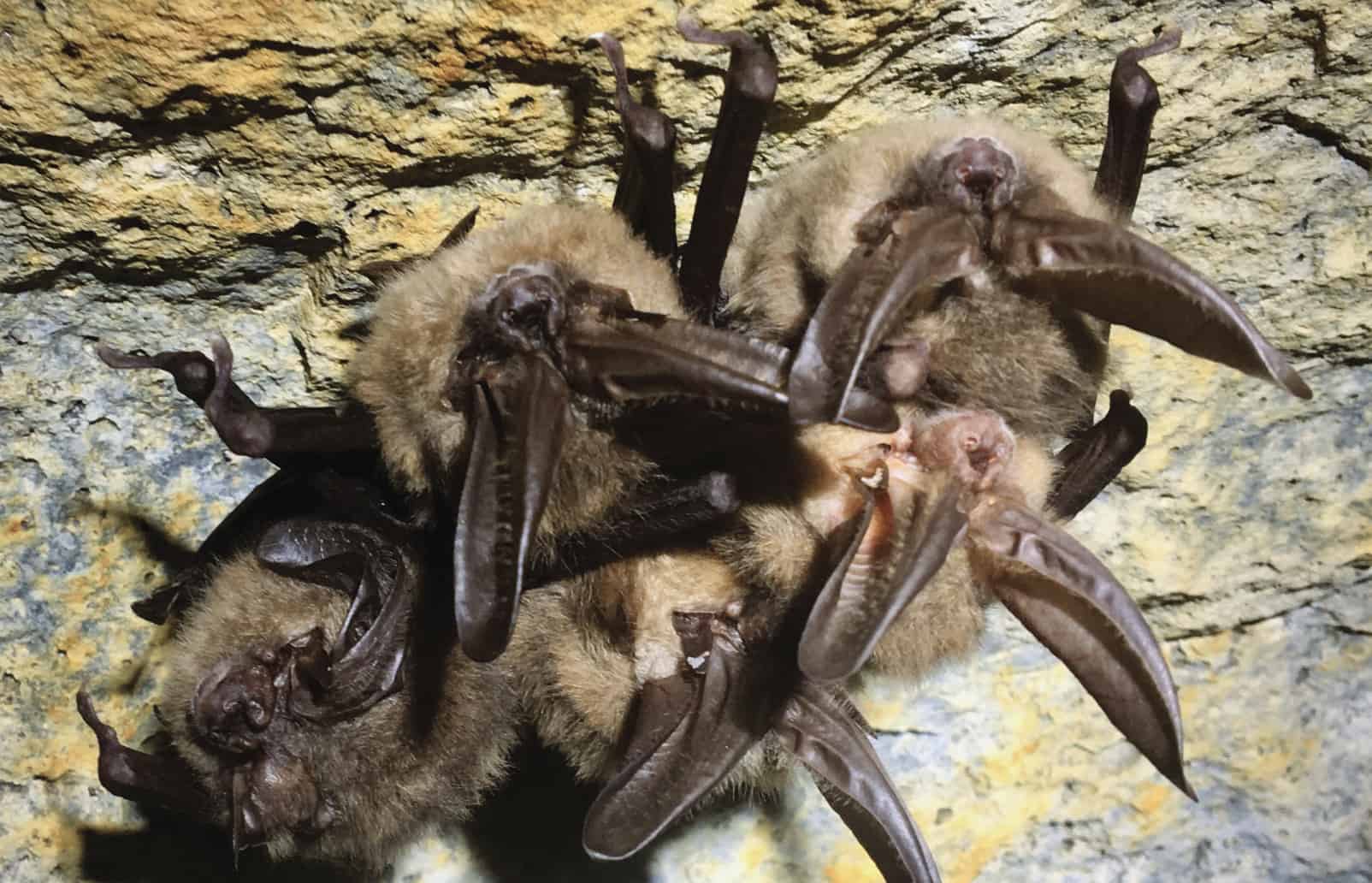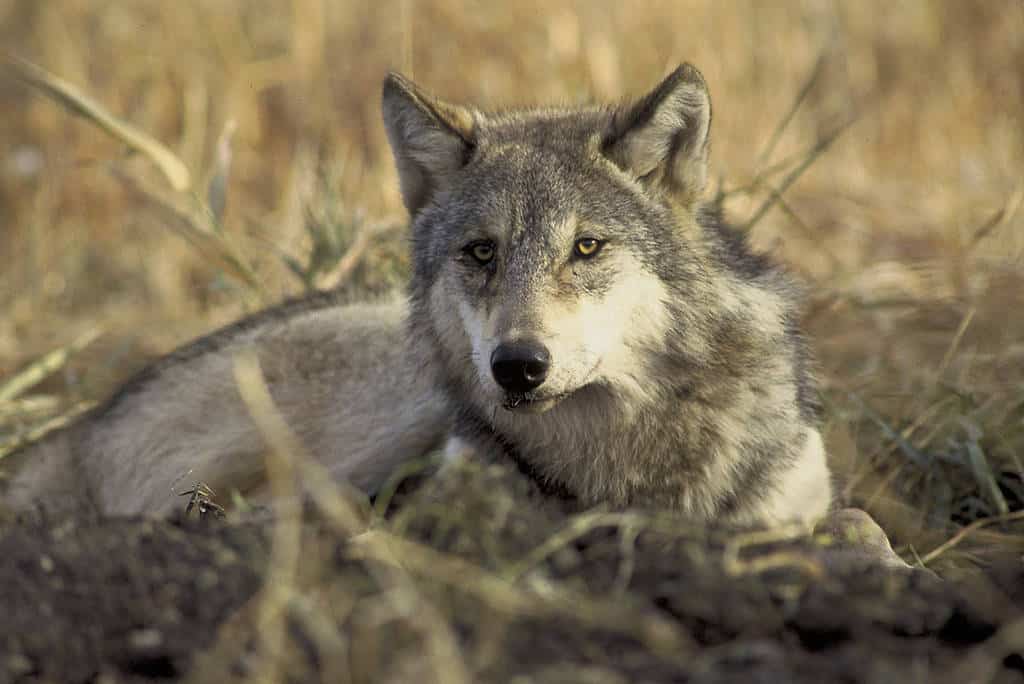Share this article
Session of the Week: Cross-cultural Competence and Increasing Diversity
Registration for The Wildlife Society’s 25th Annual Conference in Cleveland, Ohio, is now open! Visit twsconference.org for details, or register now by logging in to Your Membership and clicking on the Conference tab.
How can wildlife professionals increase the probability of successful outcomes for wildlife management and conservation programs?
According to the organizers of one symposium at this year’s TWS Annual Conference, one possible answer is by training students and professionals in cross-cultural competence and increasing diversity in wildlife settings.

Montana Conservation Corps (MCC) crews from the Wind River Indian Reservation help Chicago Botanic Garden interns collect seeds. Credit Bureau of Land Management. ©Bureau of Land Management
“Most issues associated with wildlife management are inherently multi-cultural, and therefore the ability to work across cultural boundaries is vital to the success of wildlife management programs,” reads the abstract for the session, titled “Developing Cross-Cultural Competence and Increasing Diversity in the Wildlife Management Profession.”
This full-day symposium, featuring speakers from diverse settings including tribal agencies, U.S. federal agencies, and universities, is scheduled for Wednesday, Oct. 10, at the 25th Annual Conference in Cleveland Ohio. Presenters will discuss topics associated with the development of cross-cultural competence and diversity both within their organizations as well as through collaborations with other organizations, with a specific emphasis on indigenous people.
The session is organized by Casey Day and Patrick Zollner (Purdue University), Jonathan Gilbert (Great Lakes Indian Fish and Wildlife Commission), and Serra Hoagland (USFS), and supported by the TWS Native Peoples’ Wildlife Management and Gender and Ethnic Diversity Working Groups.
List of Speakers:
Researching with Respect and Honor: Collaborations with Tribal Nations – Mark Bellcourt
Implicit Bias: Impacts and Effects – Pamala Morris
Change the Trend: Cultural Diversity within Organizations – An Indigenous Person’s Perspective – Crystal Leonetti
Perspective of an Indigenous Scholar in Natural Resources: New Mexico State University to Purdue University – Daniel Bird
Application of Traditional Knowledge in Alaska: A Federal Agency Shares its Experience – Jeffrey J. Brooks; James J. Kendall; Chris Campbell; Kathleen L. Wedemeyer; Catherine C. Coon
Salmon to Elk: Post-Hydropower Subsistence Needs of a Once Salmon Dependent Tribe – Jacob Turner; Savanah Walker
Natural resources agencies should play a role in cross cultural competence training; GLIFWC as an example – Jonathan Gilbert
Solving the Problem of the Mean Individual: Insights from Indigenous Knowledge – Ray Pierotti
Learning from my ancestors – Zintkala Eiring
Initiatives to Improve Native American Representation in Natural Resources Through Partnerships – Todd N. Nims; William Schaedla
Lessons from the Sloan Indigenous Graduate Partnership – Kevin Gibson
Building cross-cultural competence in future wildlife professionals – Elizabeth Flaherty
Taking Education Kudos – How One University Encourages Cross-cultural competence – Carol Chambers
Working Across Differences: A model for integrating diverse perspectives into a natural resources curriculum and assessing student learning – Nancy E. Mathews; Margaret Burke; Allan M. Strong; Marie C. Vea-Fagnant
Perspective of an Indigenous Scholar in Natural Resources: New Mexico State University to Purdue University – Daniel Bird; Kai-t Leonard Blue-Sky
Experiential learning as a way for student’s to develop cross-cultural competence – Casey C. Day; Patrick A. Zollner; Jonathan H. Gilbert
Header Image: ©Erik Drost








